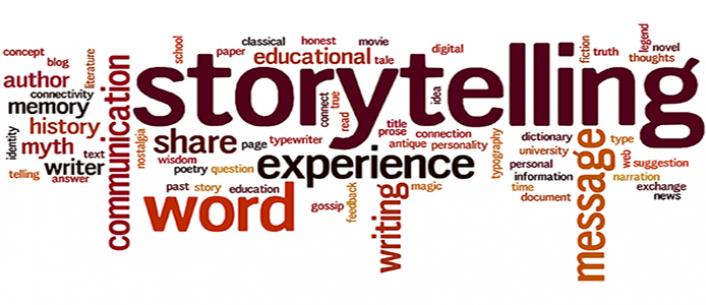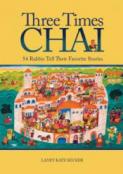- Home
- Play & Learn Home
- Online Enrichment
- Experience Modern Israel
- Israel It's Complicated
- Jewish and Me
- Jewish Holidays Jewish Values
- Jewish Values in Genesis and Jewish Values in Exodus
- Min Ha’aretz
- Our Place in the Universe
- Simply Seder
- The Prophets: Speaking Out for Justice
- Making T'filah Meaningful
- Make, Create, Celebrate
- Yom Haatzmaut Resources
- Hebrew Apps
- About The OLC
- What is the OLC?
- Introduction
- Get Started
- Resources
- OLC Content
- Parent Materials
- See My OLC Classes
- Store
The Stories We Tell About Ourselves
Written by Behrman House Staff, 24 of May, 2016
This week marks Lag Ba’Omer, a joyful holiday celebrated with bonfires and telling stories about ancient scholars who kept alive the light of learning during times of oppression.
There’s much more to storytelling though than simply listening to or reading about other people. Personal storytelling can help us understand ourselves better.
This graduation season, one of the most talked-about commencement speeches came from Lin-Manuel Miranda, the Pulitzer Prize-winning author of the Broadway smash Hamilton, who spoke at the University of Pennsylvania last week. Miranda, not surprisingly, spoke about storytelling and urged students to tell their stories as a way to figure out who they are.
“This act of choosing—the stories we tell versus the stories we leave out—will reverberate across the rest of your life. …Your stories are essential. …My dear, terrified graduates, you are about to enter the most uncertain and thrilling period of your lives. The stories you are about to live are the ones you will be telling your children, grandchildren and therapists.”
“There will be blind allies and one-night wonders and soul-crushing jobs and wake-up calls and crises of confidence and moments of transcendence when you are walking down the street, and someone will thank you for telling your story because it resonated with their own.”
The act of storytelling doesn’t just have implications for those around us, researchers say, but also for our personal happiness. Recent research, reported by the New York Times, shows that by writing and then editing our own stories, we can change our perceptions of ourselves and identify obstacles that stand in the way of behavioral changes and better health. The concept is based on the notion that we all have a personal narrative that shapes our view of the world and ourselves.
One of the researchers in the story, James Pennebaker, a psychology professor at the University of Texas, views expressive writing as a “life course correction” that helps people “come to terms with who they are, and where they want to go.”
Other researchers have found that asking people to identify their goals and then write about why they haven’t achieved those goals gave people a chance to reflect and edit the narratives. The process of writing and editing leads to deeper truth and helps uncover “a new, more honest assessment.”
On this Lag Ba’Omer, as you tell stories of our brave ancestors, consider writing and editing your own story (and ask the children in your life to do it too). Happiness and deeper self-understanding await.
Read Lin-Manuel Miranda’s full speech here.
Read the full New York Times story here.


